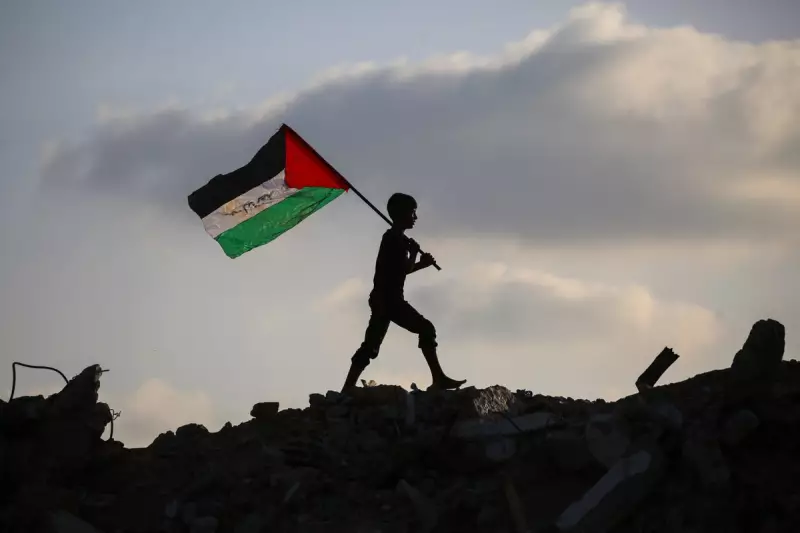
The political landscape of the Middle East faces potential transformation as details emerge about a new peace proposal championed by former US President Donald Trump. This controversial roadmap aims to resolve the long-standing conflict between Israel and Gaza, but has already sparked intense debate among international observers.
The Proposed Agreement Framework
According to sources familiar with the negotiations, the peace plan contains several key components that distinguish it from previous attempts at resolution. The proposal reportedly includes significant territorial concessions, security guarantees for both sides, and economic incentives designed to build support among the Palestinian population.
Israeli officials have maintained a cautious stance, neither fully endorsing nor rejecting the proposal outright. Meanwhile, Palestinian leadership has expressed serious reservations about several aspects of the deal, particularly concerning sovereignty and the right of return for refugees.
International Reaction and Diplomatic Fallout
The international community remains divided in its response to the proposed agreement. European Union diplomats have called for careful consideration of the plan's long-term implications, while regional powers including Egypt and Jordan have engaged in shuttle diplomacy to bridge the gap between the opposing sides.
United Nations officials have emphasised the importance of any solution adhering to international law and previous resolutions governing the conflict. The potential for the deal to either stabilise or further destabilise the region remains a primary concern among security analysts.
What Happens Next?
The implementation timeline remains uncertain, with several potential scenarios emerging:
- Immediate challenges: Both Israeli and Palestinian leadership face significant domestic political pressures that could hinder acceptance of the proposal
- Regional dynamics: Neighbouring countries' responses will significantly influence the plan's viability
- International mediation: The role of third-party negotiators may prove crucial in the coming weeks
- Public opinion: Grassroots movements on both sides could determine the ultimate fate of the agreement
As negotiations continue behind closed doors, the world watches anxiously to see whether this latest attempt will break the cycle of conflict that has defined Israeli-Palestinian relations for generations.






